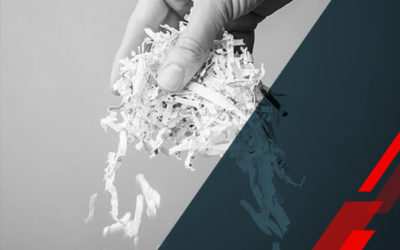One of the biggest benefits hazardous waste management companies can offer pharmacies is their expertise on expired medication disposal. Because it is so common for various medications to expire in a pharmacy and require proper disposal, every pharmacy should be fully up to date on the protocol for proper medication disposal (and the consequences for failing to follow that protocol).
Service Request
Have waste that requires compliant handling or disposal? Fill out our service form and an MCF Environmental Representative will get back to you quickly with next steps!
Please note we do not provide disposal services for household waste

















